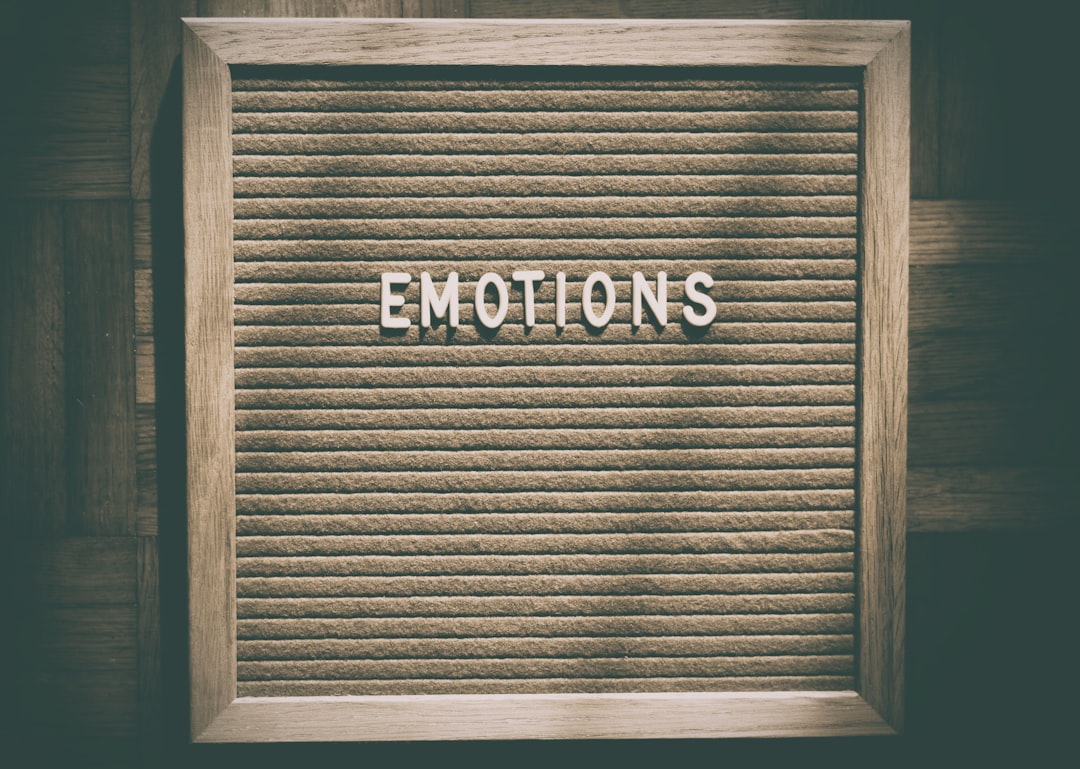What is it about?
Have you ever wondered how people perceive their own creativity? Our study explores how people of all ages view their own creativity. We focused on "divergent thinking" - coming up with lots of ideas. We found that some people tend to overestimate their creative abilities, while others underestimate them. This phenomenon is known as the "unskilled and unaware" effect. Surprisingly, we discovered a group of people who are not very skilled but are aware of it. Imagine three groups: those who think they're better than they are, those who are better but don't realize it, and those who know they're not that good. And all three groups were present from little kids to young adults. However, preschoolers tended to overestimate while university students underestimated more. We also noticed that people tend to rate others more highly than themselves when it comes to creativity. This has implications for how we view our own abilities compared to others. These results teach us that creative confidence develops over time. Even creative geniuses can feel uncreative sometimes! In the future, we hope to explore this further and identify individuals who are both skilled and aware of their abilities. Our study highlights the importance of understanding how people assess their creativity and suggests that there's more to it than a simple "good" or "bad" judgment.
Featured Image

Photo by Ayo Ogunseinde on Unsplash
Why is it important?
"How accurately do you self-assess your performance when generating creative ideas?" Our recent research explores this question of creative metacognition by evaluating creative thinking across different ages - from preschoolers to university students. Alongside the commonly found "unskilled and unaware" and "skilled and unaware" groups who either overestimate or underestimate their creativity, we uncovered a third group - those who are less skilled yet aware of their capabilities. Furthermore, the distribution of these groups evolves with age, suggesting a developmental progression in accurate creative self-assessment. As creativity becomes increasingly crucial for education and the job market, these findings have real importance. Boosting accurate self-appraisal allows better calibration of skill improvement. By embracing the spectrum of creative confidence, we can nurture this vital asset at all ages.
Perspectives
You know that feeling when you're not quite the expert in something, but you're fully aware of it? That's what this research unpacks. It's not just about overconfident folks overestimating, and the talented ones being all humble—there's a whole group of people out there who are not the best but are totally in the know. The future research will answer a lot of questions that this study identified. For example, how it happens that some people are aware of how creative they are? What can we learn from them? And how accurate in our self-evaluation we really need to be?
Dr. Marek Urban
Institute of Psychology, Czech Academy of Sciences
Understanding when and why people misjudge their own abilities can lead to better self-awareness and achievement for all. The research highlights why creativity is so hard to assess accurately, even in ourselves. So next time you feel like the next Picasso, you may want to take a step back and reevaluate. Overconfidence can limit how we strive for self-improvement.
Dr. Kamila Urban
Institute for Research in Social Communication, Slovak Academy of Sciences
Read the Original
This page is a summary of: Unskilled But Aware of It? Cluster Analysis of Creative Metacognition from Preschool Age to Early Adulthood, The Journal of Creative Behavior, May 2021, Wiley,
DOI: 10.1002/jocb.499.
You can read the full text:
Contributors
The following have contributed to this page










